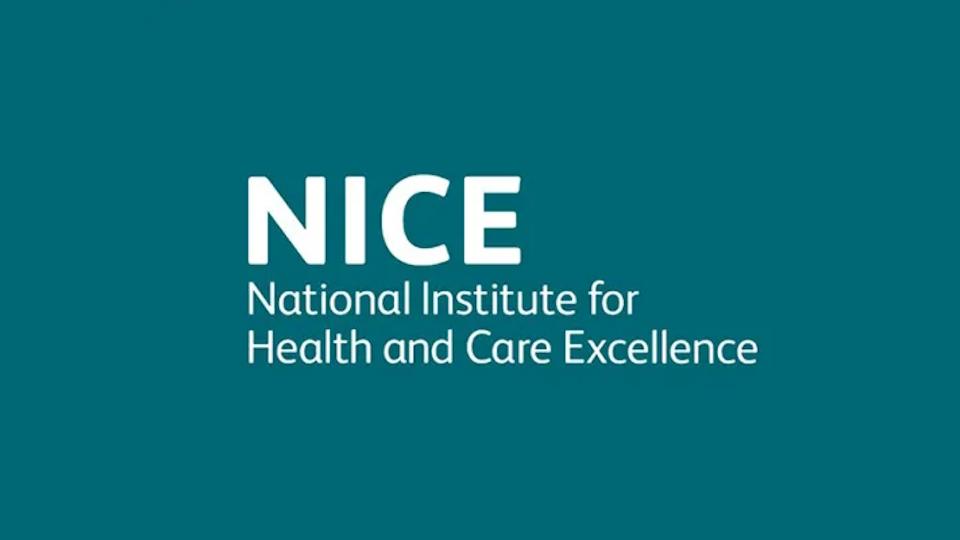NICE backs wider NHS use of multiple myeloma drug Nexpovio

More than 1,000 people with incurable blood cancer multiple myeloma could be eligible for treatment with Menarini Stemline UK’s Nexpovio after NICE backed NHS use of the drug in new guidance.
Nexpovio (selinexor) – which is sold as Xpovio in some markets – is a first-in-class nuclear export XPO1 inhibitor that was approved last year by the MHRA in combination with Velcade Janssen-Cilag’s (bortezomib) and low-dose dexamethasone as a treatment for multiple myeloma patients who have received one or two prior treatments.
Cost-effectiveness watchdog NICE previously backed the drug in combination with dexamethasone as a fifth-line or later therapy – making it an option for around 350 patients – so the new decision moves the drug much earlier in treatment and makes it available to more people.
Menarini Stemline UK said the latest decision could “address significant treatment pathway gaps” thanks to its novel mechanism of action, providing another option for patients with the “challenging and complex cancer.”
The recommendation comes on the back of the BOSTON trial, which showed an improvement in progression-free survival (PFS) with the drug compared with Velcade plus dexamethasone alone among patients treated second-line, at 21 months versus 11 months, respectively. Overall survival data from that study is still not mature, according to NICE’s final draft guidance document (PDF).
“This decision is a remarkable step forward in addressing significant unmet needs in myeloma,” commented Dr Neil Rabin, consultant haematologist at University College London Hospitals. “Being able to use different treatments that work in a variety of ways is critically important to help evade and overcome the cancer’s defence mechanisms.”
Despite advances in treatment, multiple myeloma remains incurable in the majority of patients, relapsing frequently and requiring multiple lines of treatment in an attempt to extend lives. It is one of the most common forms of blood cancer in the UK, with more than 4,500 new cases diagnosed each year.
The news has been celebrated by patient organisation Myeloma UK, which called the decision a “hard-earned victory” that gives people in England and Wales whose myeloma is resistant to multiple treatments access to a treatment that kills the myeloma cells in a new way.
“Until we have a cure, it is absolutely vital that all patients are given as many options to tackle their cancer as possible – no matter where they are on their treatment journey,” said Shelagh McKinlay, Myeloma UK’s director of research and advocacy.
A decision on the new use of the drug in Scotland and Northern Ireland is expected later this year.












